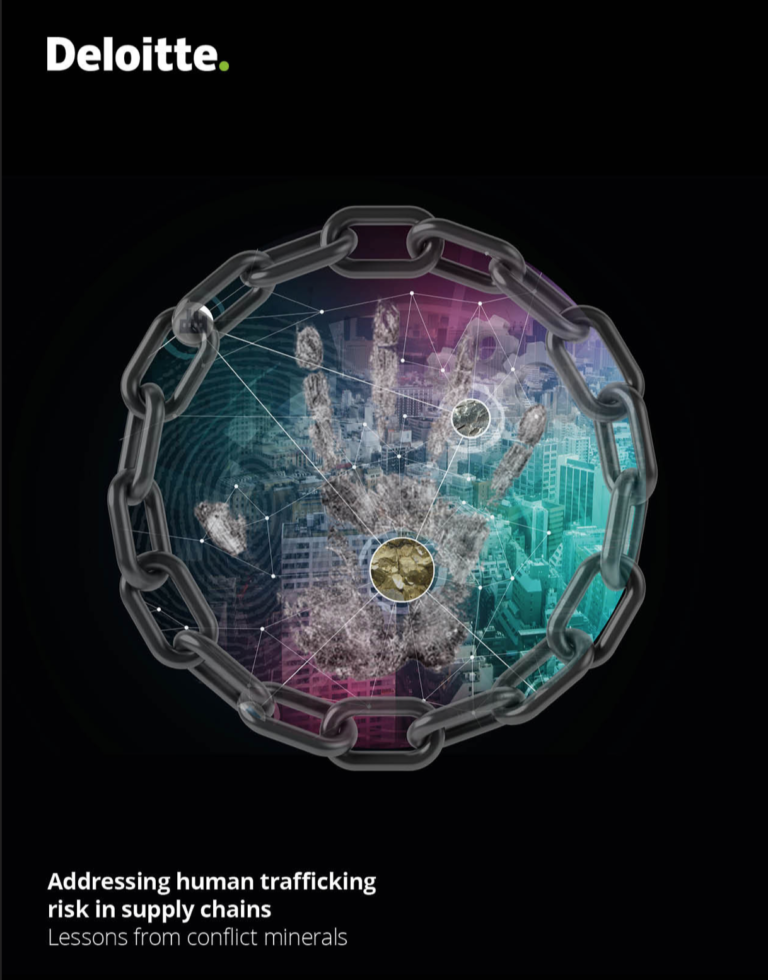TACT Family Assessment Form
GuidanceIn the case where an unaccompanied child victim of trafficking is willing to return and that the return option is validated during the best interest determination process, early coordination is requested. A family assessment should be undertaken in ...Read More

